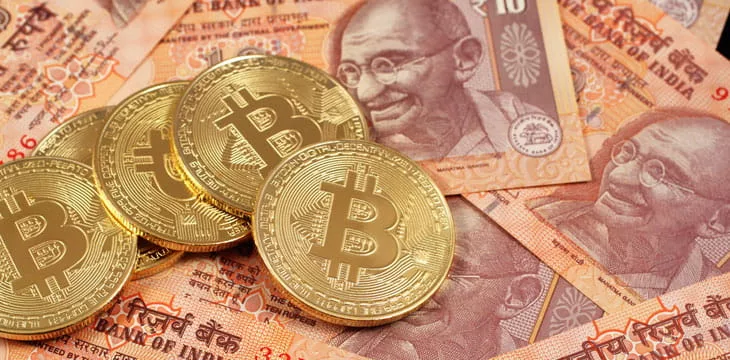
|
Getting your Trinity Audio player ready... |
India’s Prime Minister Narendra Modi has urged global regulators to remain resolute in establishing uniform standards for the digital currency industry.
In an interview with Business Today, Modi revealed that digital assets are now part of the global financial system, noting that “there is no point in ignoring it or wishing it away.” Rather than turning a blind eye to the asset class, Modi wants global regulators to be focused on adoption and a unified approach to regulation.
Modi noted that individual nations cannot singlehandedly regulate digital assets as a result of the borderless nature of the asset class. The Prime Minister cited the global standards of the aviation sector as an example for stakeholders in digital currencies to adopt rather than regulate in silos.
“A global consensus-based model is needed, especially one which considers the concerns of the Global South,” said Modi. “We can learn from the field of aviation. Be it air traffic control or air security, there are common global rules and regulations governing the sector.”
Since November 2022, India has been spearheading the establishment of a global framework for digital assets via its tenure as G20 President.
Under India’s tenure, central banks and finance ministers of member countries have reached a consensus on key issues regarding digital currency regulations, paying significant attention to the macroeconomic implications of their widespread use.
Previous meetings in the first and second quarters of 2023 saw the G20 finance ministers receive inputs from the International Monetary Fund (IMF), the Bank for International Settlements (BIS), and the Financial Stability Board (FSB).
With a consensus reached by G20 nations on digital currency regulation, the next phase for India is execution, but several factors stand in the way, including the lack of a home-based legal framework for digital assets in India.
“We haven’t stopped at ideating on how we should move ahead,” said Modi. “We have also come up with tangible details on the way ahead and how quickly we need to move. So, our road map is detailed and action-oriented.”
India rules the local industry with an iron fist
On the homefront, India’s local digital currency space has received opposition from regulators, with the latest being the imposition of harsh tax regimes.
Currently, digital asset investors are saddled with a 30% tax burden on gains in addition to a 1% tax deductible at source (TDS) on each transaction. Attempts to lessen the tax requirement by industry stakeholders have been disregarded, with critics noting that the Indian government intends to tax the industry “to death.”
Early in the year, India’s central bank governor, Shaktikanta Das, likened digital currencies to gambling, calling for a nationwide ban on the asset class.
Watch BSV Stories – Episode 8: Blockchain ticks all the boxes for India’s thriving e-commerce market
Recommended for you
Lorem ipsum odor amet, consectetuer adipiscing elit. Elit torquent maximus natoque viverra cursus maximus felis. Auctor commodo aliquet himenaeos fermentum
Lorem ipsum odor amet, consectetuer adipiscing elit. Accumsan mi at at semper libero pretium justo. Dictum parturient conubia turpis interdum

 11-22-2024
11-22-2024


